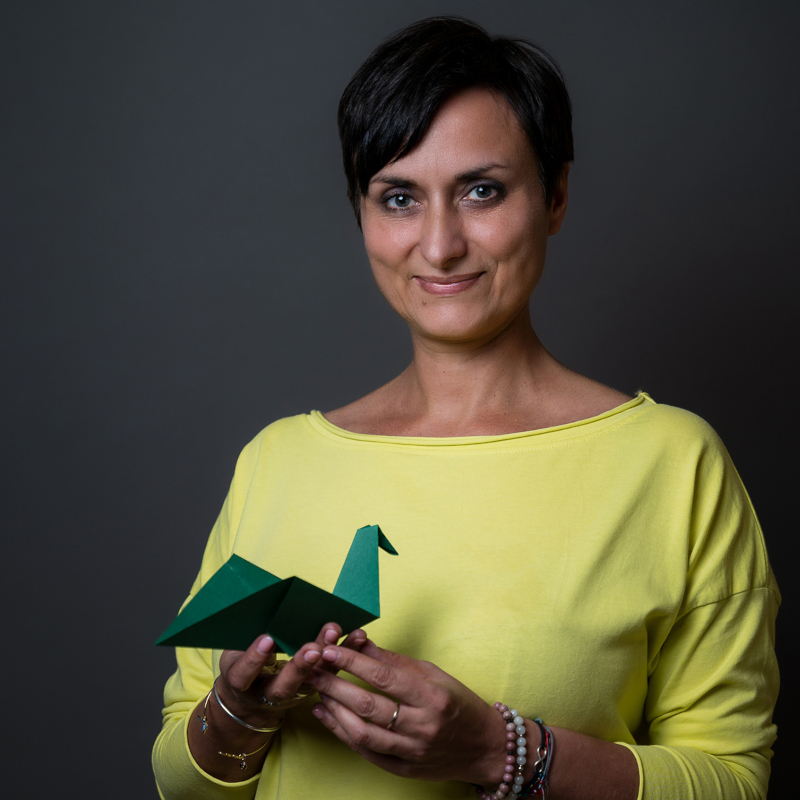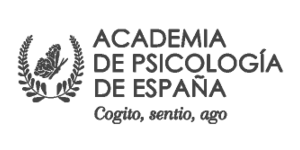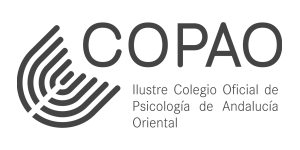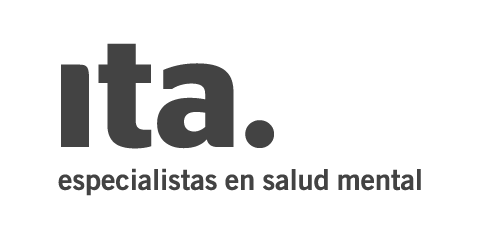Speaker

KATARZYNA SITNIK-WARCHULSKA
JAGIELLONIAN UNIVERSITY. POLAND
Katarzyna Sitnik-Warchulska, MSc, PhD, is a licensed psychologist, clinical psychologist specialist, specialist in child and adolescent psychotherapy. She is a certified psychotherapist by the European Association for Psychotherapy (EAP) and practices Play Therapy. Additionally, she is a specialist in community therapy and a clinical psychology supervisor.
Dr Sitnik-Warchulska is an Assistant Professor at the Institute of Applied Psychology at Jagiellonian University in Krakow, Poland. She is also co-founder of the Systemic Therapy and Psychological Assistance Center “Diada” in Gliwice, Poland, where interdisciplinary support is provided to children and adolescents with neurodiversity and their families. With extensive experience as a family therapist at an adaptive-rehabilitation center for children with various disorders, she combines scientific research with clinical practice. For over 20 years, she has conducted clinical psychological diagnoses and therapies for children, adolescents, and families dealing with developmental, behavioral, emotional, and attachment disorders. Recently, she has been actively involved in the “Neurosmog” project, examining the effects of pollution on children’s developing brains.
Dr Sitnik-Warchulska is a member of the Ethics Commission for the Behavior Analyst Certificate. In her role as a provincial consultant in clinical psychology in Silesian Voivodeship, Poland, she coordinates regional specialization training in clinical psychology and serves on the Polish examination committee for clinical psychology specialization. Her scientific interests focus on psychopathology, clinical psychology of children and adolescents, therapeutic relationship, psychosocial diagnosis, and family therapy. She received awards for her contribution to the development of clinical psychology and psychological assistance for children and adolescents.
Growing Up in a Polycrisis World: Challenges in Psychological Diagnosis and Therapy

Children and families today are growing up in a world shaped by overlapping global challenges—armed conflict, forced migration, climate change, economic uncertainty, and long-term medical hardship. This convergence of crises, often described as a “polycrisis,” is transforming the developmental landscape and placing new demands on mental health professionals.
This symposium brings together experts from across psychological disciplines to explore how children, adolescents, and their caregivers are adapting to these complex realities—and how psychological diagnosis and therapy can support resilience, development, and emotional well-being.
Presentations will include new insights into the psychological adaptation of children affected by war and migration—focusing on both displaced youth and children in host communities facing sudden cultural change. Another focus will be on how attachment and shared coping strategies between parents and children help foster resilience and emotional regulation in the face of ongoing stress. The symposium will also explore the emotional, existential, and relational experiences of families raising children with severe somatic illness in times of uncertainty, highlighting the therapeutic role of psychological support. Finally, it will examine the developmental pathways of pediatric patients recovering from complex medical procedures such as transplantation, and how these intersect with broader psychological and social factors.
Together, these contributions aim to deepen our understanding of how young people and their families navigate life in a time of multiple crises—and to identify effective strategies for promoting mental health, stability, and hope in the face of adversity.












